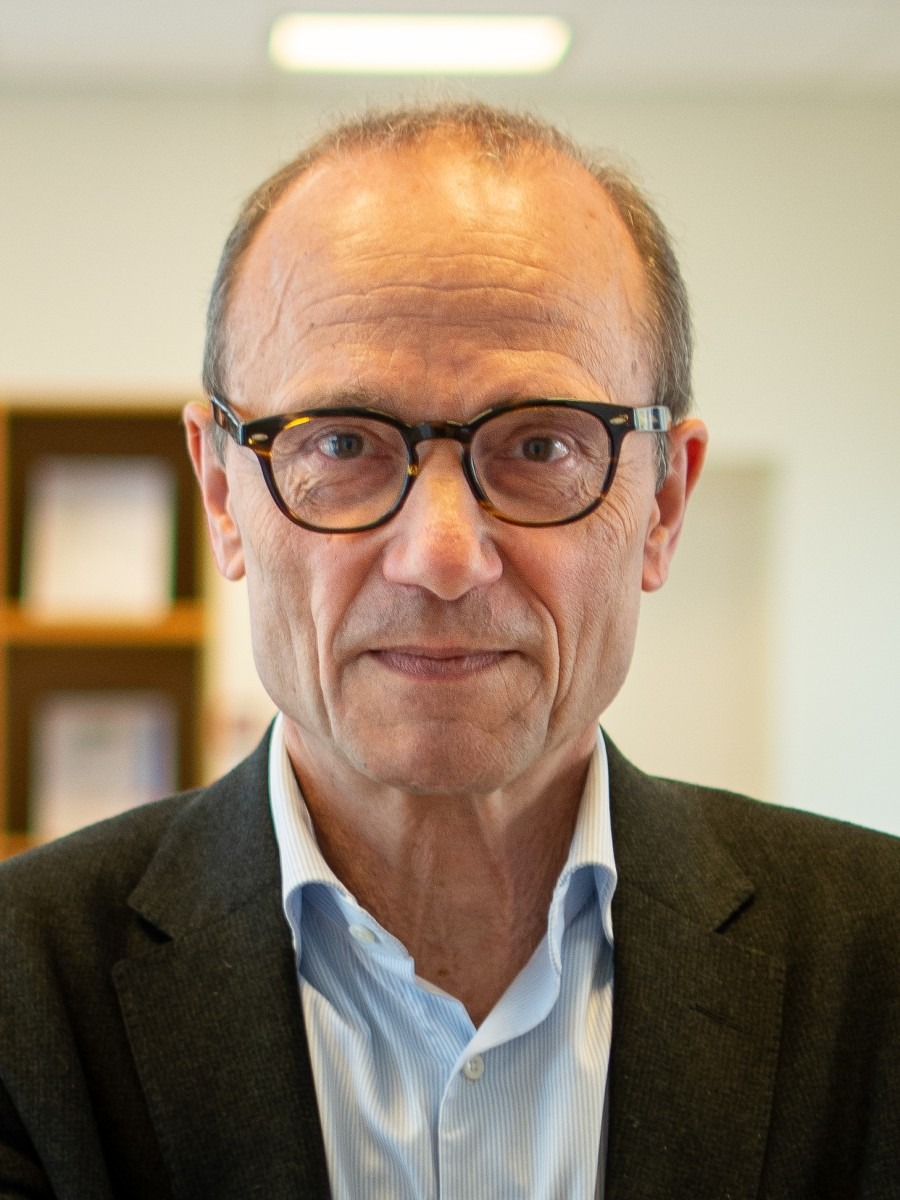Adj. Professor Morten Kjaerum

Adj. Prof. Morten Kjaerum
Affiliated Professor, Raoul Wallenberg Institute of Human Rights and Humanitarian Law | Denmark
Short Bio:
Prof. Morten Kjaerum served as Director of the Raoul Wallenberg Institute of Human Rights and Humanitarian Law in Sweden from 2015 to February 2024. Prior to this, he was the first Director of the EU Agency for Fundamental Rights in Vienna from 2008 to 2015. Formerly, Prof. Kjaerum was Executive Director at the Danish Institute for Human Rights. He has written extensively on human rights, lectured globally, and held numerous roles, including serving on the UN Committee on Elimination of Racial Discrimination from 2002 to 2008. He chaired the European Council for Refugees and Exiles from 2015 to 2023 and was appointed by the UN Secretary-General to the UN Voluntary Fund for Technical Cooperation and the Voluntary Fund for Financial and Technical Assistance in 2017, serving as chair for three years.
Event: SDGs Conference 2024 | Date: Sept 25, 2024 |
SPEECH
As we have heard during the UNGA79 we stand at a critical juncture. There is almost a global consensus that we need to change direction. The Pact for the Future will be a key document guiding us in avoiding a complete meltdown. The urgency is dictated by among other factors climate change, wars, hyper inequality. In this time of profound uncertainty, the need for a robust, reformed, and accountable United Nations has never been greater. It is in this context that the vision of “UN 2.0” emerges—a vision of a revitalized multilateral diplomacy and a strengthened UN system. Let me stress from the beginning that these reforms must be firmly anchored in human rights. Human rights is all about people. Since its inception, the UN has played a pivotal role in establishing global norms around human rights. The adoption of the Universal Declaration of Human Rights in 1948 was a monumental achievement, marking a true universal commitment to human dignity.
However, despite the critical role that human rights play in fostering development, peace, and security, today, only 4% of the UN budget is allocated to human rights. This is simply not enough. Human rights must be given far greater priority in UN 2.0. A budget is a moral document reflecting our values, thus allocating 4% to human rights is not only a financial oversight but an ethical failure. A more equitable budget that reflects the central role of human rights in sustainable development, peacebuilding, and global governance will enable the UN to better fulfill its mandate. The balance between the three pillars of the UN needs to be recalibrated. The structure of the UN, particularly the Security Council, reflects a post-World War II geopolitical reality that no longer aligns with the needs of our time. This legacy is extensively addressed in the Pact for the Future. That is a unique achievement.
In the discussions that will now follow the Pact, we should not only focus on the balances between countries and regions – important yes, but we need more. We must create a system that reflects the voices of many more people – not only social media but in dynamic participatory processes. We have seen how the voices of the youth have been amplified in the preparation of the Pact for the Future, which is a very promising practice.
A way to bring in the voices of more people is to recognize that people live locally. More than half the world’s population resides in cities. Cities are on the frontlines of the global challenges we face—climate change, conflict, and economic inequality.
Sustainable Development Goal 11 emphasizes the importance of cities in creating inclusive, safe, resilient, and sustainable communities. Yet, the role of cities in global governance is overlooked. In the future version of the UN, cities must be given a stronger voice. Mayors and city governments are increasingly innovating and addressing complex challenges. They team up in various global networks such as C40 on climate, human rights cities, and UCLG. Their involvement in international diplomacy can foster more practical, grassroots solutions to human rights, development, and peacebuilding. They can be the epi-center for dialogue. Eventually, this will foster greater accountability and trust in the system.
One of the greatest threats to human rights and democracy is the growing economic inequality, both between countries and within them. Hyper-economic inequality erodes the social fabric, deepens political instability, and weakens the foundations of democratic governance.
A reformed UN must place a global emphasis on reducing economic inequality. This is not just an economic issue; it is a human rights and democratic issue. Bold policy reforms aimed at redistributing wealth and opportunity, both within and between nations, are essential to creating a world where every person can live with dignity. Some of the tools are well-known such as the fight against corruption and tax evasion.
It is high time that financial institutions, such as the IMF and the World Bank, understand that all rights—including economic and social rights—must penetrate the entire spectrum of policies and actions. A rights-based approach to economic governance is the only path forward if we are to achieve true equity and justice.
The commitment in the Pact for the Future to develop ‘measures of progress on sustainable development to complement and go beyond the traditional GNP’ (Article 53) is very welcome. Civil society should follow it closely and overall push for a human rights-based well-being economy. Human rights monitoring could expand the scope to address systemic issues like economic inequality and environmental justice.
In conclusion, the Pact for the Future presents a unique opportunity to recalibrate the global governance system to better meet the aspirations of the people it serves. Ultimately, a reformed UN that places human dignity, equality, and justice at its heart will be better equipped to address the current profound crisis.
